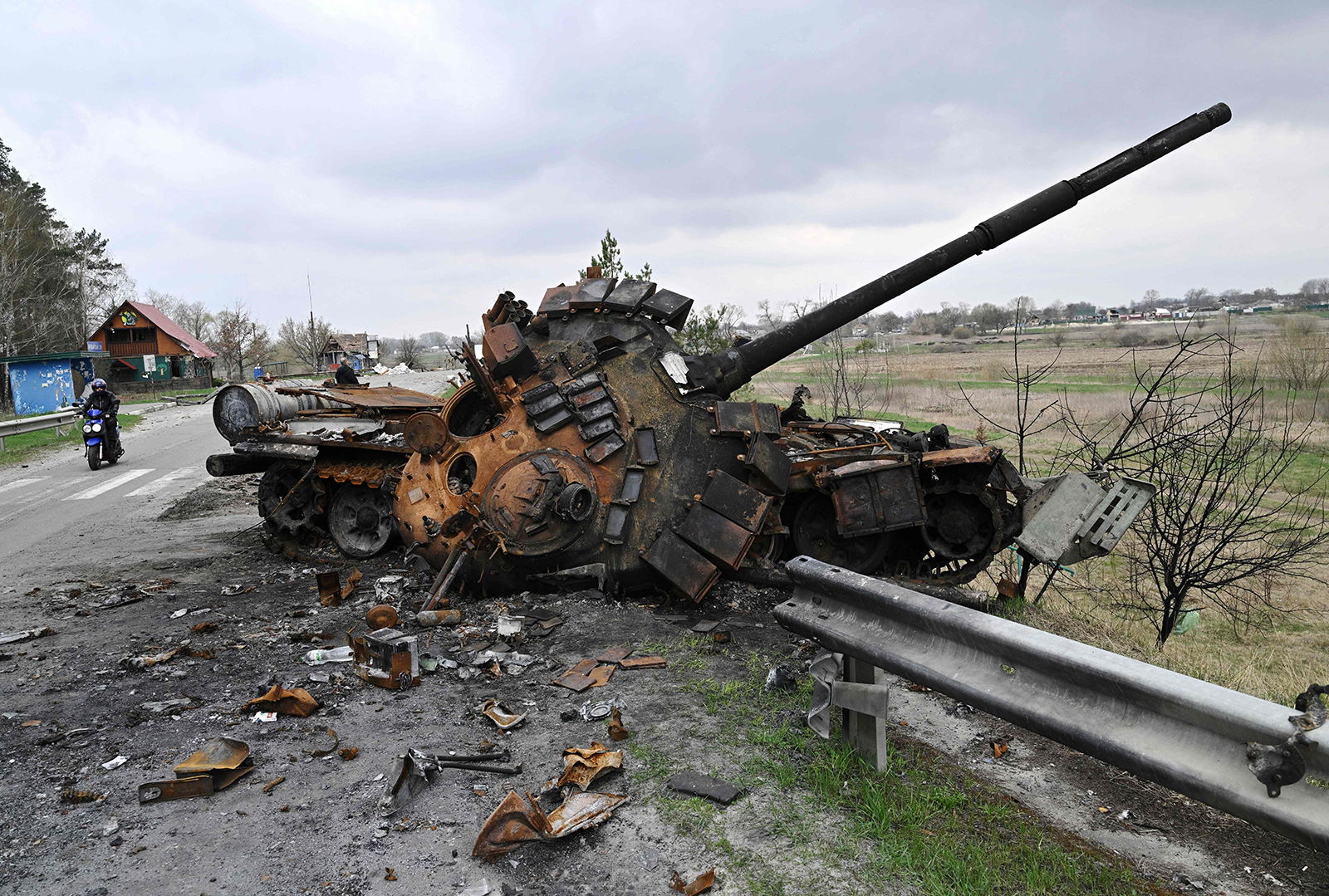Geopolitical and Historical Context

Russia ukraine war russian – The Russia-Ukraine conflict has a complex historical and geopolitical background that has been simmering for decades. The roots of the current conflict can be traced back to the collapse of the Soviet Union in 1991, which led to the independence of Ukraine and other former Soviet republics.
Amidst the escalating tensions of the Russia-Ukraine war, a surprising revelation has emerged from the political landscape. JD Vance, the Republican candidate for the US Senate in Ohio, has drawn attention not only for his conservative views but also for his height.
Standing at 6’5″, Vance towers over his opponents and has sparked discussions about the influence of physical stature in politics. As the war in Ukraine rages on, it remains to be seen how Vance’s height will impact his campaign and the broader political landscape.
In the years since independence, Ukraine has sought to forge closer ties with the West, while Russia has sought to maintain its influence over its former territory. This has led to tensions between the two countries, which have been exacerbated by a number of factors, including the annexation of Crimea by Russia in 2014 and the ongoing conflict in eastern Ukraine.
The Russia-Ukraine war has exposed deep fissures in the Republican Party, with some, like former President Donald Trump, embracing Russian talking points while others, like Ohio Senate candidate J.D. Vance, have taken a more hawkish stance. Vance, who is endorsed by Trump , has criticized the Biden administration for not doing enough to support Ukraine and has called for a no-fly zone over the country.
His position is in line with many Republican voters, who are increasingly critical of Russia’s aggression.
Timeline of Major Events
The following is a timeline of some of the key events leading up to the current conflict:
- 1991: The Soviet Union collapses, and Ukraine becomes an independent country.
- 2004: The Orange Revolution in Ukraine brings to power a pro-Western government.
- 2010: Viktor Yanukovych, a pro-Russian politician, is elected president of Ukraine.
- 2014: Yanukovych is overthrown in the Revolution of Dignity, and a pro-Western government is installed.
- 2014: Russia annexes Crimea and begins supporting separatists in eastern Ukraine.
- 2022: Russia launches a full-scale invasion of Ukraine.
Military and Strategic Analysis
The Russian-Ukrainian conflict has showcased a complex interplay of military strategies and tactics, influenced by the strengths and weaknesses of each side’s forces and the impact of international sanctions.
Russian Strategy and Tactics
- Initial Blitzkrieg Attempt: Russia initially sought a swift victory, aiming to capture Kyiv and other major cities through a multi-pronged offensive.
- Adapting to Ukrainian Resistance: As Ukrainian forces resisted fiercely, Russia shifted to a more attritional strategy, focusing on heavy artillery bombardment and siege tactics.
- Targeting Civilian Infrastructure: Russia has deliberately targeted civilian infrastructure, including power plants, water facilities, and residential areas, to weaken Ukrainian morale and pressure the government.
Ukrainian Strategy and Tactics
- Defensive Stance: Ukraine has adopted a defensive posture, utilizing mobile warfare tactics to counter Russia’s superior firepower.
- Asymmetric Warfare: Ukrainian forces have employed guerrilla tactics, ambushes, and the use of drones to harass Russian supply lines and disrupt their operations.
- Foreign Aid and Training: Ukraine has received significant military aid and training from Western countries, bolstering its defensive capabilities.
Impact of International Sanctions, Russia ukraine war russian
International sanctions have had a mixed impact on the conflict. While they have weakened Russia’s economy and limited its access to advanced weapons, they have not deterred the Russian military from pursuing its objectives.
- Economic Strain on Russia: Sanctions have put a strain on Russia’s economy, reducing its ability to fund its war effort and purchase critical military equipment.
- Limited Military Impact: However, sanctions have not significantly impacted Russia’s military capabilities in the short term, as it has vast reserves of weapons and equipment.
- Potential Long-Term Consequences: The long-term effects of sanctions on Russia’s military remain to be seen, as they could hinder its ability to replenish its depleted stocks and acquire new technologies.
Humanitarian and Economic Consequences: Russia Ukraine War Russian

The ongoing war in Ukraine has caused a severe humanitarian crisis, with millions of people displaced, injured, or killed. The conflict has also had a significant economic impact on both Russia and Ukraine, as well as the global economy.
Humanitarian Crisis
The war has forced millions of Ukrainians to flee their homes, with many seeking refuge in neighboring countries such as Poland, Romania, and Hungary. The United Nations High Commissioner for Refugees (UNHCR) estimates that over 10 million people have been internally displaced within Ukraine, while over 3 million have fled to other countries.
The conflict has also caused widespread damage to infrastructure, including hospitals, schools, and homes. This has led to a shortage of essential services, such as healthcare, education, and clean water. The war has also caused a severe food crisis, with many people struggling to access food and other basic necessities.
Economic Impact
The war has had a significant economic impact on both Russia and Ukraine. The conflict has disrupted trade, led to a sharp decline in investment, and caused a rise in inflation. The Russian economy is expected to contract by 8.5% in 2022, while the Ukrainian economy is expected to contract by 35%.
The war has also had a significant impact on the global economy. The conflict has led to a sharp increase in energy prices, which has contributed to inflation around the world. The war has also disrupted supply chains, leading to shortages of essential goods and services.
Role of International Aid Organizations
International aid organizations are playing a vital role in providing assistance to those affected by the war in Ukraine. These organizations are providing food, shelter, medical care, and other essential services to those in need. They are also working to support the Ukrainian government in its efforts to provide humanitarian assistance to its citizens.
